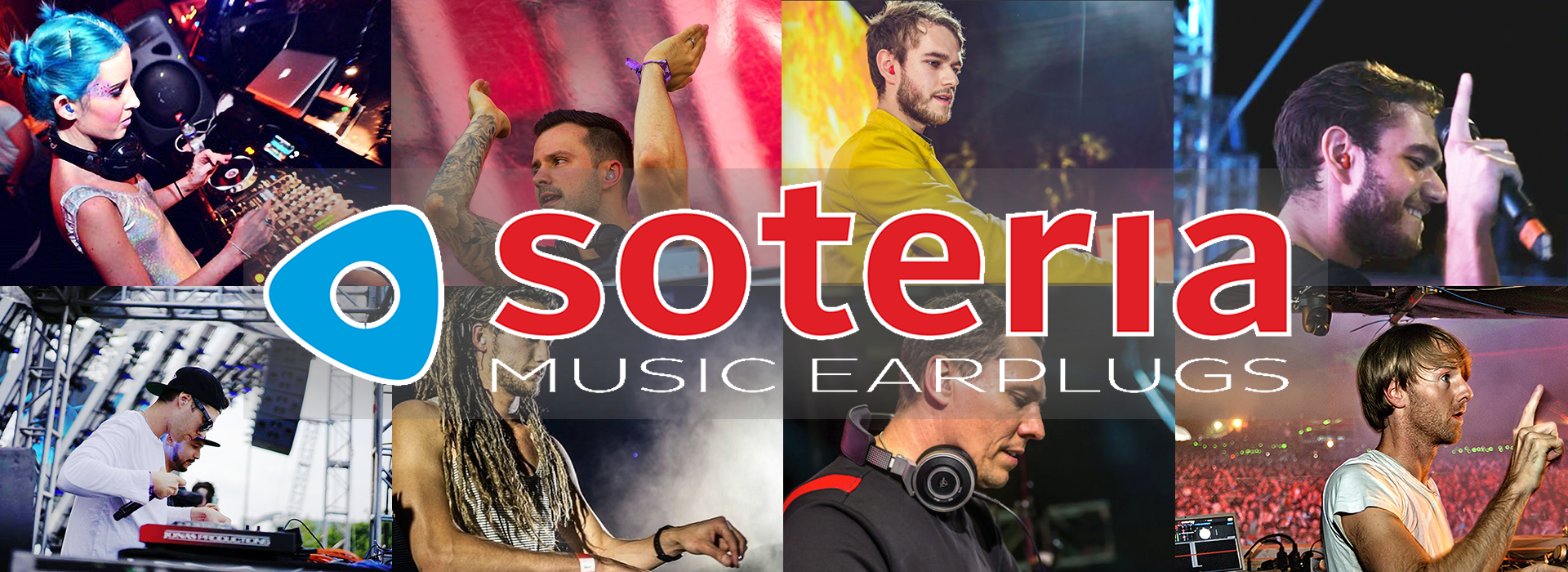How We Made The Soteria The Best Ready-To-Use "Music Earplugs"?
For over 26 years, ACS worked with thousands of professional musicians, DJs, and music venue staff to produce custom earplugs using ACS PRO filters. The ACS PRO filters have a range of finely tuned attenuation levels at different frequency points. They can deliver clear music and safe, sound levels in any musical environment. The ACS PRO Custom Music Earplugs are undoubtedly the best hearing protection earplugs for musicians. However, music students and young budding music professionals have limited financial resources to purchase earplugs. We've decided to make Soteria the best "Ready-To-Use" music earplugs with the following three criteria.
To Use The ACS PRO Filter
ACS PRO Series filters are EU certified. It has a history of many years of satisfactory use by world-class customers. With PROs, you can give your customers the best in noise reduction.
Get The Most Out of The ACS PRO Filters
To get the most out of the PRO filter, we 3D printed thousands of slightly modified earplug parts during the Soteria development. We then gave these earplugs for customers to try. The final product is a triangular body, the same shape as your outer ear cavity. Add an audio duct of just the right length, and match it with five sizes of silicone ear-tips of particular shape and thickness. This combination allows Soteria to fit a wide range of ear and canal sizes and meet earplugs' comfort and sealing requirements.
A Way to Upgrade The Soteria to Custom Earplugs
To help customers get the most out of their hearing care product purchases. From now on, customers who purchase Soteria's music earplugs can order an empty pair of custom earplugs. We will then remove the Soteria earbuds' filters and return them to the customer for use in their new custom earbuds. In this way, the customer can maximize his hearing protection costs and gradually get the most effective protection possible.












